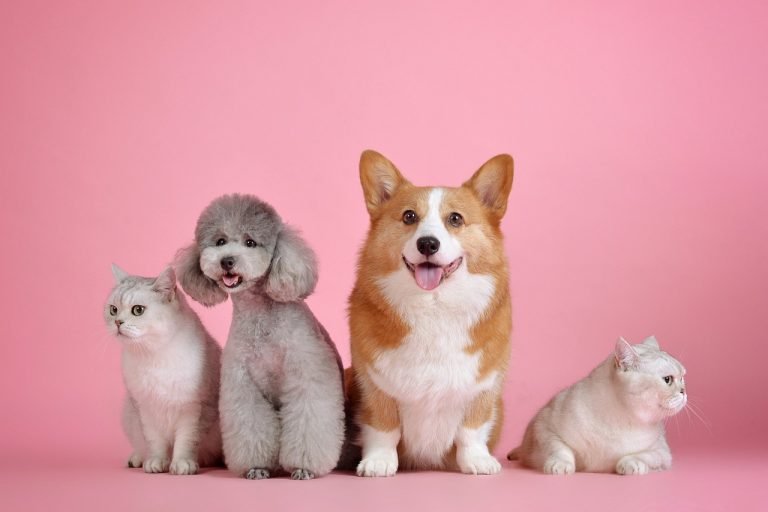
Proper nutrition plays a vital role in the overall health and wellness of our beloved pets. Just like us, they require a well-balanced diet to thrive and lead a happy life. In this article, we will explore the importance of nutrition for pets, the essential nutrients they need, and tips for ensuring their diet promotes optimal health and wellness.
Understanding Nutritional Needs:
Pets have unique dietary requirements based on their species, age, size, and activity level. Dogs and cats, for instance, are carnivores and require a diet rich in animal protein. On the other hand, herbivores like rabbits or guinea pigs have different nutritional needs and thrive on a diet rich in fiber.
Essential Nutrients for Pets:
1. Protein: Essential for growth, repair, and maintaining a healthy immune system. Look for high-quality protein sources like meat, poultry, or fish in your pet’s food.
2. Carbohydrates: Provide energy and support digestive health. Opt for complex carbohydrates such as whole grains and vegetables rather than simple sugars.
3. Fats: Important for a healthy coat, skin, and overall body function. Choose foods that contain healthy fats like omega-3 and omega-6 fatty acids.
4. Vitamins and Minerals: Play a crucial role in various bodily functions. Ensure your pet’s diet includes a balanced mix of vitamins (A, D, E, and B-complex) and minerals (calcium, phosphorus, iron, etc.).
5. Water: Essential for hydration and overall well-being. Always provide fresh, clean water for your pet.
Tips for a Healthy Diet:
1. Consult with a Veterinarian: Seek guidance from a veterinarian to determine the appropriate diet for your pet based on their specific needs, age, and health condition.
2. Read Labels: When choosing pet food, read the labels carefully. Look for high-quality, reputable brands that list real meat as the primary ingredient and avoid foods with excessive fillers or artificial additives.
3. Portion Control: Avoid overfeeding your pet to prevent obesity. Follow feeding guidelines based on your pet’s age, weight, and activity level.
4. Avoid Harmful Foods: Certain human foods can be toxic to pets, such as chocolate, grapes, onions, and caffeine. Familiarize yourself with a comprehensive list of foods that are dangerous for pets and keep them out of reach.
5. Treats in Moderation: While treats can be a great way to reward your pet, be mindful of their calorie content. Treats should only constitute a small portion of their overall diet.
6. Regular Exercise: Alongside a nutritious diet, regular exercise is essential for maintaining your pet’s weight and overall health. Engage in daily play sessions or walks to keep them active and stimulated.
A well-balanced diet is the foundation of good health and wellness for our pets. By providing them with a nutritionally complete and appropriate diet, we can support their growth, maintain a healthy weight, and enhance their overall quality of life. Remember, every pet is unique, so consult with a veterinarian to tailor their diet to their specific needs. Let’s prioritize their nutrition and ensure they lead a happy and healthy life, filled with vitality and joy.
